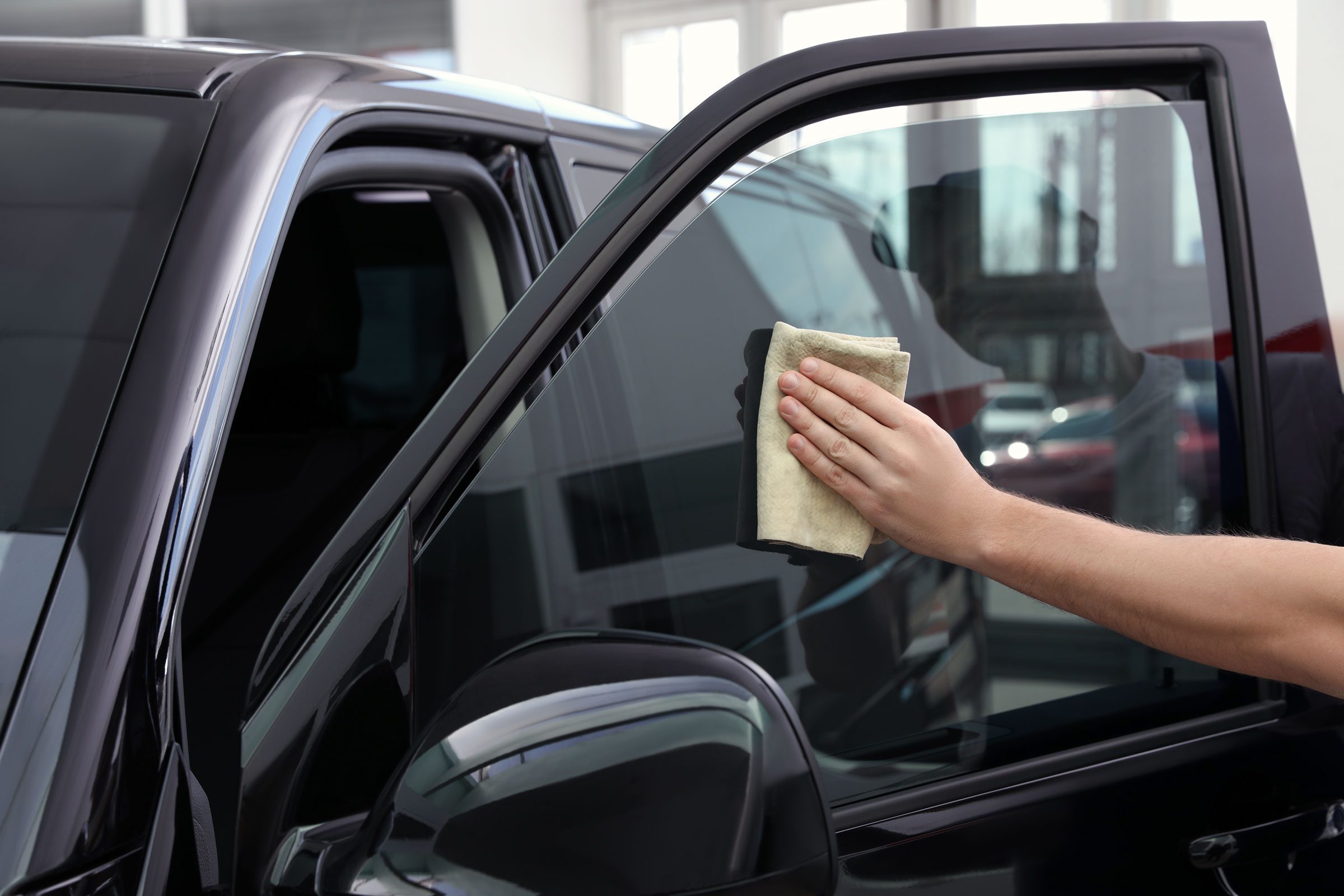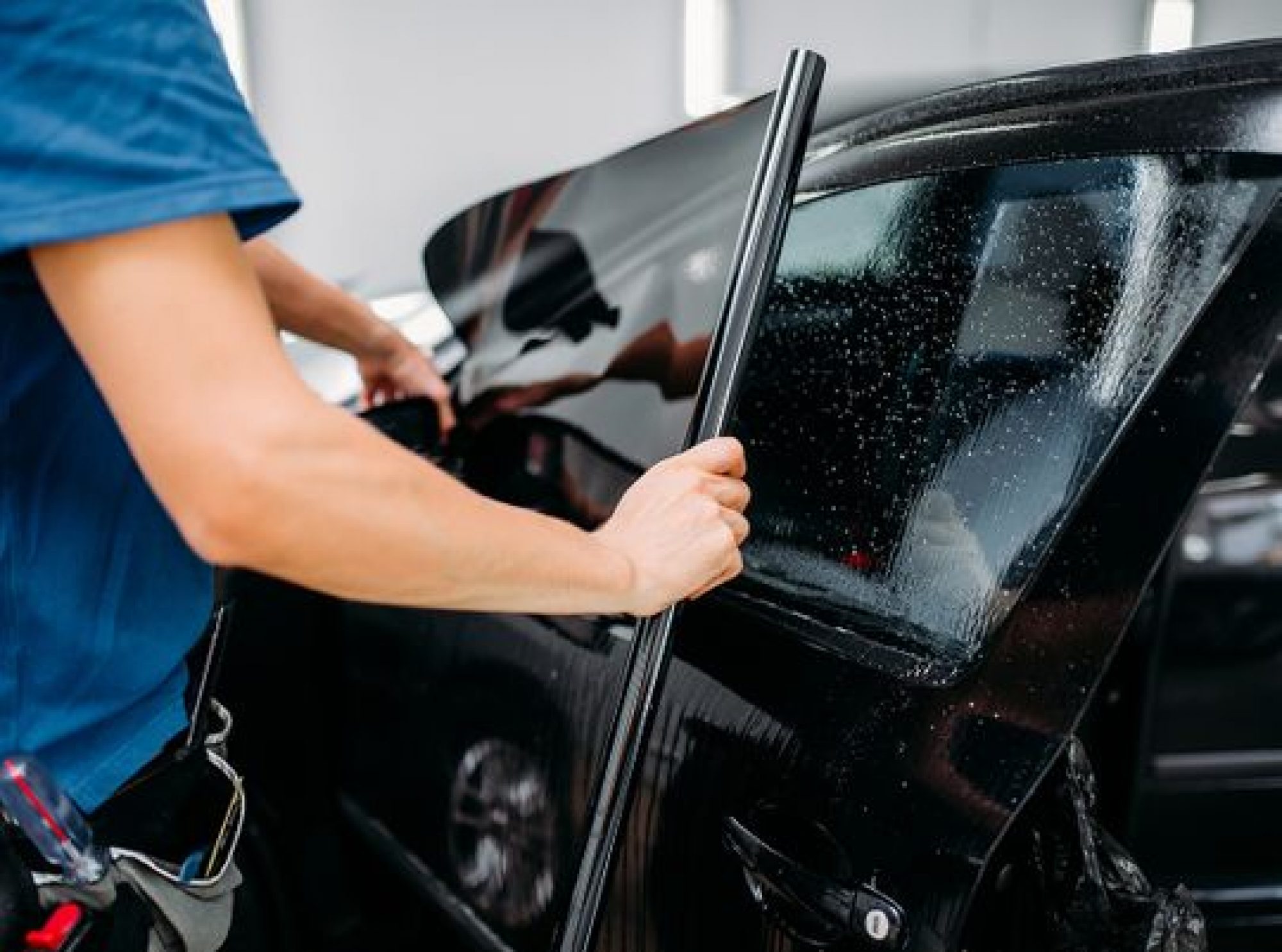How Window Tinting Enhances Your Car's Appearance and Protects Its Interior
How Window Tinting Enhances Your Car's Appearance and Protects Its Interior
Blog Article
Home Window Tinting Rules: What You Need to Know Before Tinting Your Vehicle
Recognizing home window tinting legislations is necessary for any kind of vehicle proprietor thinking about tinting their automobile. Laws vary significantly from one state to another, developing particular limitations for Visible Light Transmission (VLT) portions, specifically for front-side windows and windshields. Failing to adhere to these regulations can lead to penalties, the necessity to remove the color, and problems with insurance. As you consider enhancing your car's appearance and functionality, it is essential to understand not only the lawful implications yet likewise the useful considerations that come with picking the best tint. What variables should you prioritize in your decision-making procedure?
Value of Comprehending Color Rules
Recognizing window tinting regulations is crucial for car owners to ensure conformity with state regulations. These laws determine the permissible degrees of tint darkness and reflectivity, which can significantly vary from one territory to an additional. Falling short to stick to these policies can lead to penalties, obligatory elimination of the tint, and possible problems during lorry examinations.
Additionally, comprehending these regulations aids car owners make educated decisions about their tinting options. Various kinds of window movies give different benefits, such as UV protection, warmth denial, and glow reduction. Without expertise of the legal limits, lorry proprietors risk picking products that might eventually lead to legal problems.
Additionally, understanding of tinting legislations promotes a much safer driving atmosphere. window tinting. Excessively dark colors can hinder visibility, enhancing the danger of mishaps, particularly during the night or in damaging climate condition. Regulation enforcement companies also use these laws to make certain roadway security, making conformity not simply a personal obligation yet a legal commitment
State-Specific Color Laws
Each state in the united state has developed its own specific policies relating to window tinting, mirroring a varied selection of criteria and demands. These regulations can differ significantly, impacting just how car proprietors approach installment and compliance. Some states allow darker colors on rear home windows while enforcing stringent limitations on front-side windows.
Additionally, policies often define allowed color materials and shades. Certain states prohibit reflective tints altogether, while others might allow them to a restricted level. Furthermore, some territories mandate that vehicles with tinted home windows show a sticker indicating compliance with state legislations, supplying a clear recognition for regulation enforcement.
Enforcement of these legislations additionally differs; some states are extra proactive, carrying out arbitrary checks, while others depend on grievances or noticeable violations to initiate enforcement. Car proprietors need to be mindful that failing to conform with state-specific tint policies can cause penalties, required elimination of unlawful tints, or both.

Lawful Tint Percentages
Determining the legal color portions is crucial for lorry proprietors seeking to comply with great post to read state regulations. Each state has certain legislations regulating just how much light must pass with the home windows of an automobile, which is revealed as a percent called Noticeable Light Transmission (VLT) This percentage varies considerably throughout states and can depend on the type of window-- front side, back side, and windshield.
For circumstances, some states permit as low as 20% VLT on front side home windows, while others might permit as much as 50%. Windshield tinting is commonly extra limited, with lots of jurisdictions permitting just a narrow band of tint on top of the windshield. In contrast, back home windows normally have a lot more lenient regulations, with some states permitting darker colors.
It is essential for automobile owners to familiarize themselves with their regional laws to avoid possible legal problems. This includes understanding how VLT is determined, as it can differ based upon the kind of window movie utilized. Staying notified about these regulations makes certain compliance and advertises risk-free driving problems for both the car owner and others when traveling.
Consequences of Non-Compliance
Falling short to stick to window tinting regulations can lead to significant effects for automobile owners. Police officers trained to recognize illegal tint levels might release penalties, which can differ by jurisdiction yet usually vary from modest to considerable amounts.

Insurance provider might also impose charges for non-compliance, as prohibited modifications can be viewed as a violation of plan use this link terms. If an incident occurs., this might influence coverage rates or lead to issues in insurance claims.
Inevitably, the consequences of non-compliance prolong beyond instant economic charges; they can influence a driver's insurance coverage prices, legal standing, and general lorry worth, emphasizing the relevance of sticking to local home window tinting guidelines.
Tips for Deciding On Tinting Options
When picking window tinting choices,Understanding the effects of non-compliance highlights the relevance of making notified selections. Familiarize yourself with your state's details regulations regarding tint darkness and reflectivity. Each state has distinct policies that determine the permissible limitations, so ensure you stay within these guidelines to prevent charges.
Secondly, think about the kind of tint product. Alternatives consist of dyed, metalized, and ceramic colors, each offering varying levels of warmth being rejected, UV security, and sturdiness. Ceramic colors give exceptional warm resistance without interfering with digital tools, click for more making them a popular choice.
Furthermore, analyze your primary objective for tinting. If you look for enhanced privacy, choose darker colors; nevertheless, remember that this may impact presence during the night. Conversely, if glow decrease and UV defense are your main worries, lighter colors may be sufficient.
Last but not least, seek advice from a specialist installer who is well-informed regarding local guidelines and can suggest premium materials fit to your demands (window tinting). Taking these variables right into account will guarantee you make a knowledgeable decision, eventually boosting both your vehicle's aesthetics and capability
Final Thought
In conclusion, experience with home window tinting laws is necessary prior to applying tint to a car. By recognizing lawful needs and selecting suitable color materials, vehicle owners can attain aesthetic enhancement while continuing to be certified with pertinent regulations.
Recognizing window tinting laws is necessary for any type of car proprietor thinking about tinting their automobile.Comprehending window tinting legislations is important for car owners to guarantee compliance with state laws. Some states enable darker colors on rear home windows while enforcing stringent limitations on front-side windows.
In comparison, rear windows normally have extra tolerant policies, with some states permitting darker tints. (window tinting)
In verdict, experience with home window tinting regulations is important prior to applying color to an automobile.
Report this page